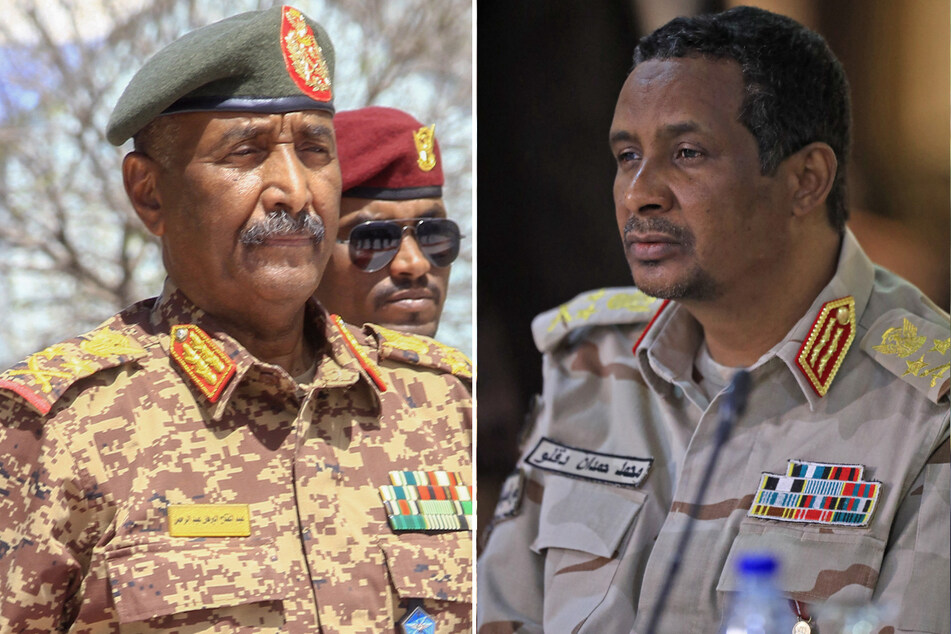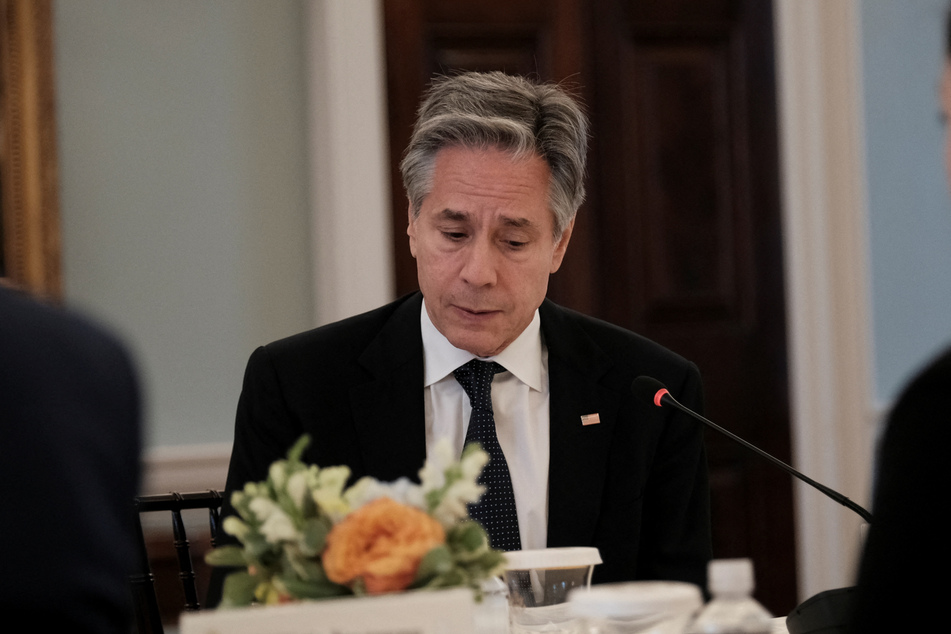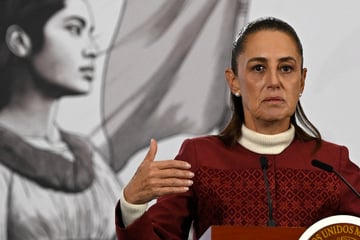Sudan civil war: US to mediate ceasefire talks between sides in brutal conflict
Washington DC - The US announced Tuesday that it had invited Sudan's warring sides to hold ceasefire talks in Switzerland next month, in an effort to end one of deadliest conflicts in the world.

Secretary of State Antony Blinken said Sudan's army and the paramilitary Rapid Support Forces (RSF) have been invited to start US-mediated negotiations beginning on August 14.
"The United States remains committed to working with partners to end this devastating war," Blinken said in a statement.
The commander of the RSF, at war with the army for over a year, said he "welcomed" Blinken's invitation and that his side would join the negotiations.
"I declare our participation in the upcoming ceasefire talks on August 14, 2024, in Switzerland," Mohamed Hamdan Daglo wrote on X.
Previous negotiations in Jeddah, Saudi Arabia, have failed to put an end to fighting that has displaced millions, sparked warnings of famine, and left swaths of the capital Khartoum in ruins.
Later mediation attempts, including by the African Union, have failed to get the warring parties in the same room, as experts said both forces vied for the tactical advantage on the ground.
US aims to kickstart negotiations

For more than a year, the brutal war has raged in the northeast African country between the regular military under army chief Abdel Fattah al-Burhan and the RSF led by his former deputy Daglo.
Declared by the UN one of the worst crises in decades, the conflict has resulted in tens of thousands of deaths and uprooted more than 10 million people, including two million who have fled across borders, according to the United Nations.
"The talks in Switzerland aim to reach a nationwide cessation of violence, enabling humanitarian access to all those in need, and develop a robust monitoring and verification mechanism to ensure implementation of any agreement," Blinken said.
The US-mediated talks will be co-hosted by Saudi Arabia and will include the African Union, Egypt, the United Arab Emirates, and the United Nations as observers, the State Department said.
State Department spokesman Matthew Miller told reporters that "there is no military solution to the conflict in Sudan."
"Convening these national ceasefire talks and making clear that they are backed by key international stakeholders is the only way to prove to end the conflict," he said.
Asked about the chances of the talks succeeding, however, Miller acknowledged that "we just want to get the parties back to the table," calling it "the best shot that we have right now at getting a nationwide cessation of violence."
Tens of millions threatened by hunger
Both sides have been accused of war crimes including deliberately targeting civilians, indiscriminate shelling of residential areas, and blocking humanitarian aid, while the fighting has caused many humanitarian organizations to cease operations in the country.
A recent UN-backed report said nearly 26 million people, or slightly more than half of the population, were facing high levels of "acute food insecurity."
Indirect talks between the RSF and Sudanese military, held this month in Geneva by UN Secretary-General António Guterres's personal envoy for Sudan, Ramtane Lamamra, were called an "encouraging" first step by the UN.
The talks focused on humanitarian aid and protecting civilians, though neither side met directly with the other.
Cover photo: Collage: AFP & ASHRAF SHAZLY / AFP

